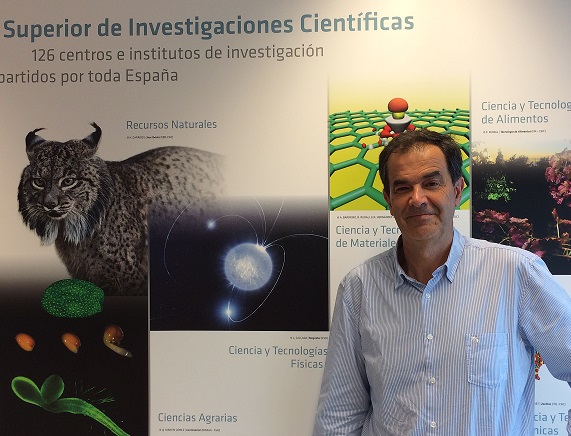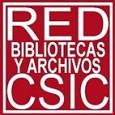Jesús Marco
Vicepresidente de Investigación y Ciencia y Tecnología. VICYT-CSIC

Jesús Marco, Doctor en Física de partículas y especialista en computación del Instituto de Física de Cantabria, fue director del IFCA (2004-2007) y coordinador nacional del área de ciencia y tecnologías Físicas del CSIC (2008-2010). Desde el año 2018 es Vicepresidente de Investigación y Ciencia y Tecnología (VICYT) del CSIC.
En los últimos años, Jesús Marco ha ocupado distintos cargos de responsabilidad. Comenzó su trayectoria investigadora al doctorarse por la Universidad de Cantabria y desarrolló su tesis en el campo de la Física Experimental de Altas Energías, dentro del experimento LEP (Large Electron-Positron Collider) del CERN en Ginebra, Suiza. Ha colaborado y liderado numerosos e importantes experimentos entre los que destaca la coordinación de actividades para la búsqueda del bosón de Higgs. Su trabajo como profesor de investigación en el IFCA está dividido en dos líneas de investigación: "Experimental Particle Physics" y "Advanced Computing y e-Science."
Por otra parte, ha sido uno de los principales impulsores tanto a nivel nacional como internacional de las llamadas tecnologías GRID para uso científico. También ha promovido la contribución española al nuevo sistema de computación para la siguiente generación de experimentos de partículas, que han llevado a la existencia de esta destacada red de ordenadores en España. En particular, ha coordinado la instalación y operatividad de la infraestructura de computación en el IFCA, que aloja el tercer supercomputador más grande del país: ALTAMIRA
Jesús Marco, Doctor in Particle Physics and a computer specialist at the Institute of Physics of Cantabria, was director of IFCA (2004-2007) and national coordinator of the area of Physical Science and Technology at CSIC (2008-2010). Since 2018 he is Vice President of Research and Science and Technology (VICYT) of the CSIC.
In recent years, Jesús Marco has held various positions of responsibility. He began his research career at the PhD from the University of Cantabria and developed his thesis in the field of Experimental Physics of High Energies, within the LEP (Large Electron-Positron Collider) experiment of CERN in Geneva, Switzerland. He has collaborated and led numerous and important experiments among which the coordination of activities for the search of the Higgs boson stands out. His work as a research professor at IFCA is divided into two lines of research: "Experimental Particle Physics" and "Advanced Computing and e-Science."
On the other hand, he has been one of the main drivers both nationally and internationally of the so-called GRID technologies for scientific use. It has also promoted the Spanish contribution to the new computer system for the next generation of particle experiments, which have led to the existence of this outstanding network of computers in Spain. In particular, it has coordinated the installation and operation of the computing infrastructure in the IFCA, which houses the third largest supercomputer in the country: ALTAMIRA



